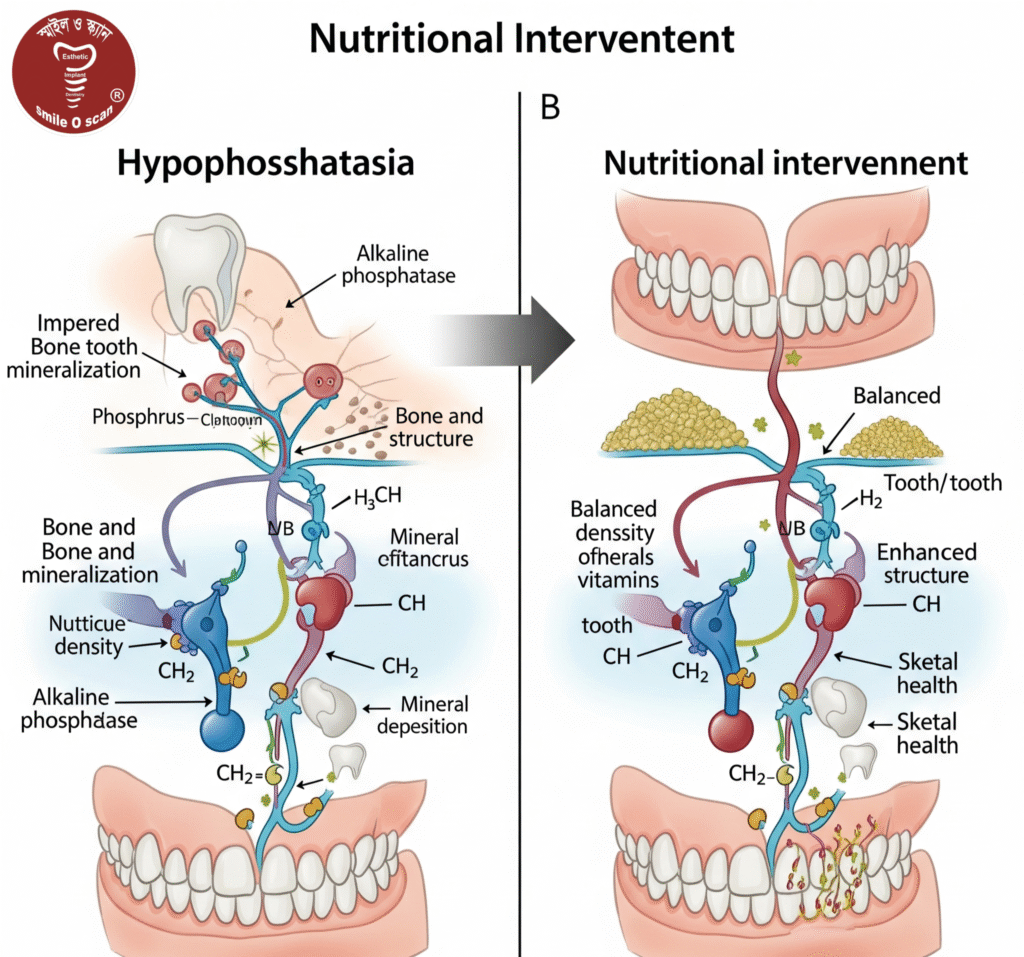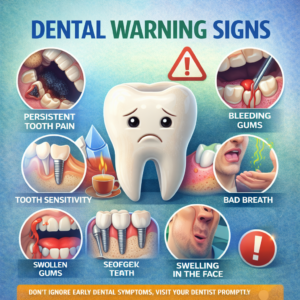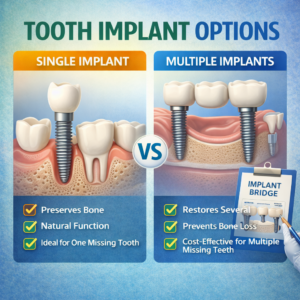Nutrition and Dental Disease Prevention: A Key to Oral Wellness
Recent breakthroughs in dental research, such as the study on hypophosphatasia published by News-Medical.net in March 2025, highlight the powerful role of nutrition in maintaining oral health and preventing dental disorders. This connection underlines the growing importance of Nutrition and Dental Disease Prevention, especially in cases where metabolic or genetic conditions impact the bones and teeth.
Understanding the Link Between Diet and Dental Diseases
Nutrition doesn’t just affect your general health—it directly influences oral health outcomes. Proper dietary choices can prevent cavities, gum diseases, and even rare disorders like hypophosphatasia, which impairs bone and tooth development due to a lack of alkaline phosphatase activity.
How Poor Nutrition Affects Oral Health
- Vitamin deficiencies (especially D, C, and calcium) can cause gum bleeding, tooth decay, and bone loss.
- High sugar intake promotes acid-producing bacteria, leading to tooth erosion.
- Lack of protein can weaken oral tissues, affecting healing and structural integrity.
Medical Nutrition Therapy in Dentistry: An Emerging Approach
Medical Nutrition Therapy in dentistry is becoming increasingly significant, especially for patients with chronic illnesses or genetic conditions like hypophosphatasia. This therapy involves personalized nutrition planning, carried out by trained dietitians and dental professionals, to manage or prevent oral diseases.
Benefits of Medical Nutrition Therapy in Dentistry
- Tailored dietary strategies to support bone mineralization and enamel development.
- Nutritional plans to manage symptoms like early tooth loss in patients with rare conditions.
- Diet adjustments to reduce oral inflammation and maintain gum health.
Recent findings in hypophosphatasia research have shown that early nutritional intervention can potentially delay the onset of symptoms such as premature tooth shedding or malocclusion, especially in children and elderly patients.
Dietetics in Dentistry: Prevention Through Food Science
Dietetics in dentistry is the science of applying nutritional principles in daily oral care. It involves analyzing food patterns and recommending changes to support optimal oral and systemic health.

Practical Applications of Dietetics in Dentistry:
- Recommending calcium- and phosphate-rich diets for strong enamel.
- Advising on probiotic-rich foods to balance oral microbiota.
- Educating patients about snacks and beverages that support or harm dental health.
This is particularly important in elder care settings where patients may have restricted diets due to underlying conditions. Nutritional strategies must be customized to ensure proper mineral intake, as seen in patients at risk of dental complications from hypophosphatasia.
Hypophosphatasia and Nutritional Intervention: What We Learned

The 2025 study sheds light on the early-onset dental issues in hypophosphatasia, such as premature loss of primary teeth, defective enamel, and delayed dental eruption. What stands out is how closely these symptoms are tied to nutritional deficiencies—particularly in calcium and vitamin D.
Key Findings from the Study:
- Children with hypophosphatasia often show dental problems before bone symptoms a





